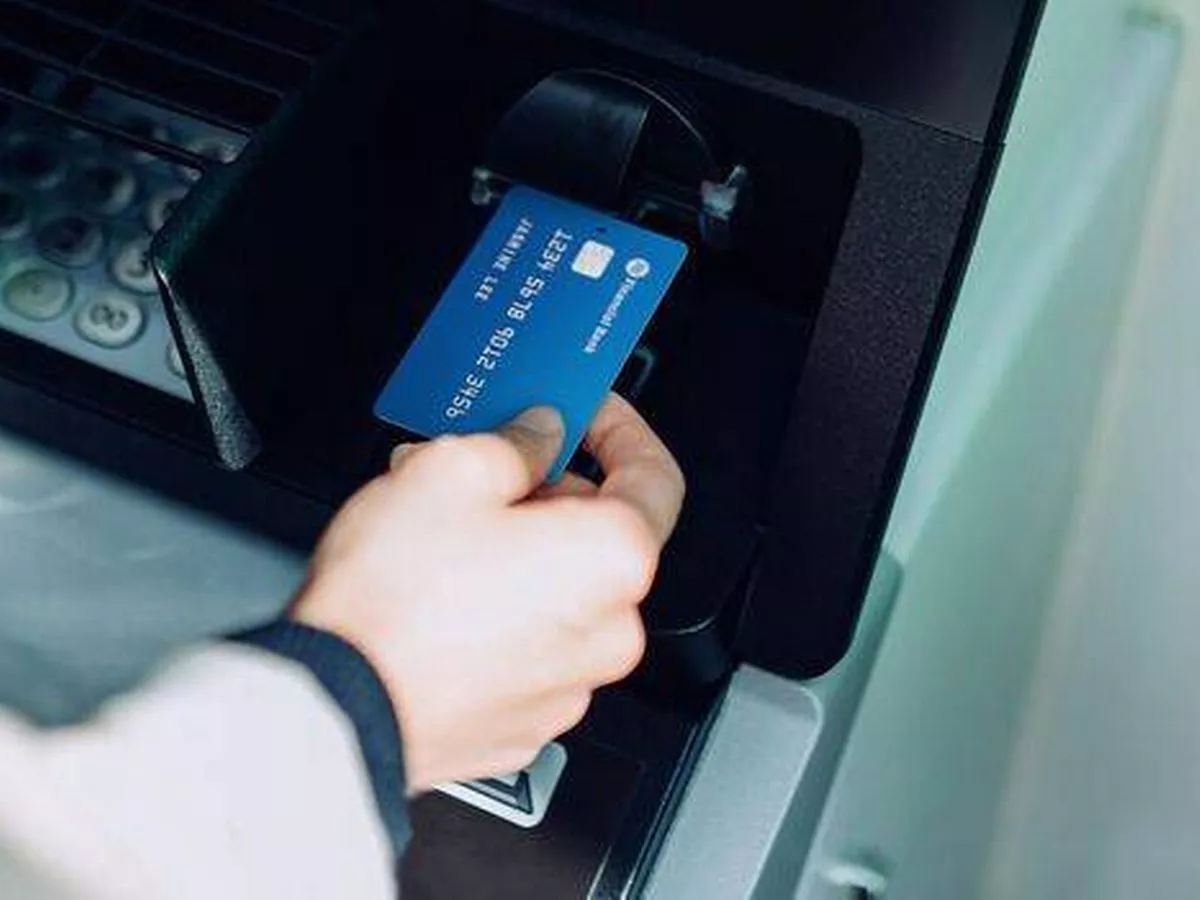By Isabelle Bates,Nicholas Dawson
Copyright birminghammail

New legislation is on the horizon that will grant investigators access to the bank details of millions of benefit claimants. The Department for Work and Pensions ( DWP ) will be able to request banking information from those claiming Universal Credit , ESA (Employment and Support Allowance), and Pension Credit under these new powers. The aim is to ensure that those receiving these three benefits are indeed eligible. The checks will enable officials to liaise with banks and other financial institutions, compelling them to disclose account details linked to claimants. These are known as eligibility verification notices and are being introduced as part of the Public Authorities (Fraud, Error and Recovery) Bill, which is currently navigating its way through Parliament. The bill introduces several new measures to tackle fraudulent benefit claims. One such provision allows the DWP to directly deduct an amount from a person’s bank account if they refuse to repay a debt they owe. Having received approval from the House of Commons, the bill is now under consideration by the House of Lords, with the report stage scheduled to commence on 15 October, reports the Express . This stage provides the Lords with another opportunity to scrutinise the proposed legislation and suggest any amendments. Following this, there is a third reading and some final considerations before the law receives Royal Assent and comes into effect. Investigators will initially utilise the eligibility checks to verify the details of those claiming Universal Credit, ESA and Pension Credit. However, the legislation itself indicates that this could be extended to other benefits. The DWP has provided guidance on how these powers will be used, stating: “Eligibility verification notices will be sent to banks and other financial institutions and will set out the specific information required. These will include the eligibility indicators which will be used to determine whether information should be shared with DWP. No personal information will be shared by DWP. “This power can only be used to obtain information on accounts that receive a specified DWP benefit, and any accounts linked to that benefit receiving account if they match the eligibility indicators set by DWP.” For instance, you can only claim Universal Credit if you have less than £16,000 in savings, except in certain exempt cases. If the checks identify an account where a Universal Credit claimant has savings above this threshold, they “will be considered by DWP for further inquiry”, according to the advice. However, no decisions will be made about a person’s benefit entitlement solely based on this information.



